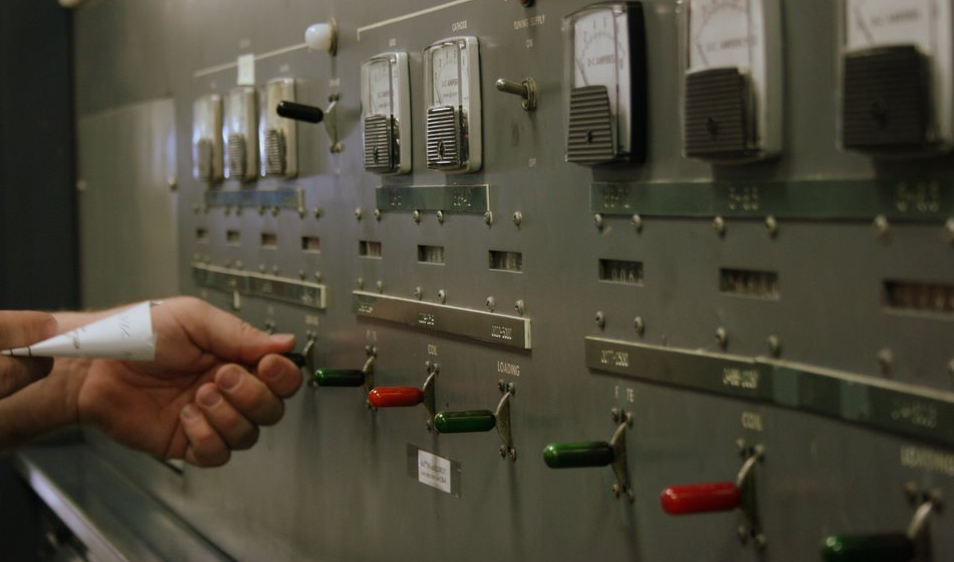Two live, off-air, half-hour recordings of the BBC World Service special Antarctic Midwinter Broadcast on 21 June 2016 beginning at 21:30 UTC. The broadcast features music requests and special messages for the staff at the British Antarctic Survey.
The first recording is of the transmission on a frequency of 7360 kHz from the BBC's Ascension Island relay station (250 kW transmitter power, antenna beam 207 degrees). The transmission was received on a Tecsun PL-880 receiver with a Tecsun AN-03L 7-metre wire antenna in Hanwell (just outside Fredericton), New Brunswick, Canada, in AM mode with 5 kHz RF filtering. Reception was good with some atmospheric noise. The interruption in the audio around the 11-minute mark was due to a check of other parallel frequencies.
The second recording is of the transmission on a frequency of 5985 kHz from the BBC's Woofferton, England, transmitting station (300 kW transmitter power, antenna beam 184 degrees). The broadcast was received by the Web-interface wideband software-defined radio at the University of Twente in Enschede, The Netherlands, with a "Mini-Whip" antenna in AM mode with 5.17 kHz RF filtering. Reception of the broadcast was good with some noise cracks.















